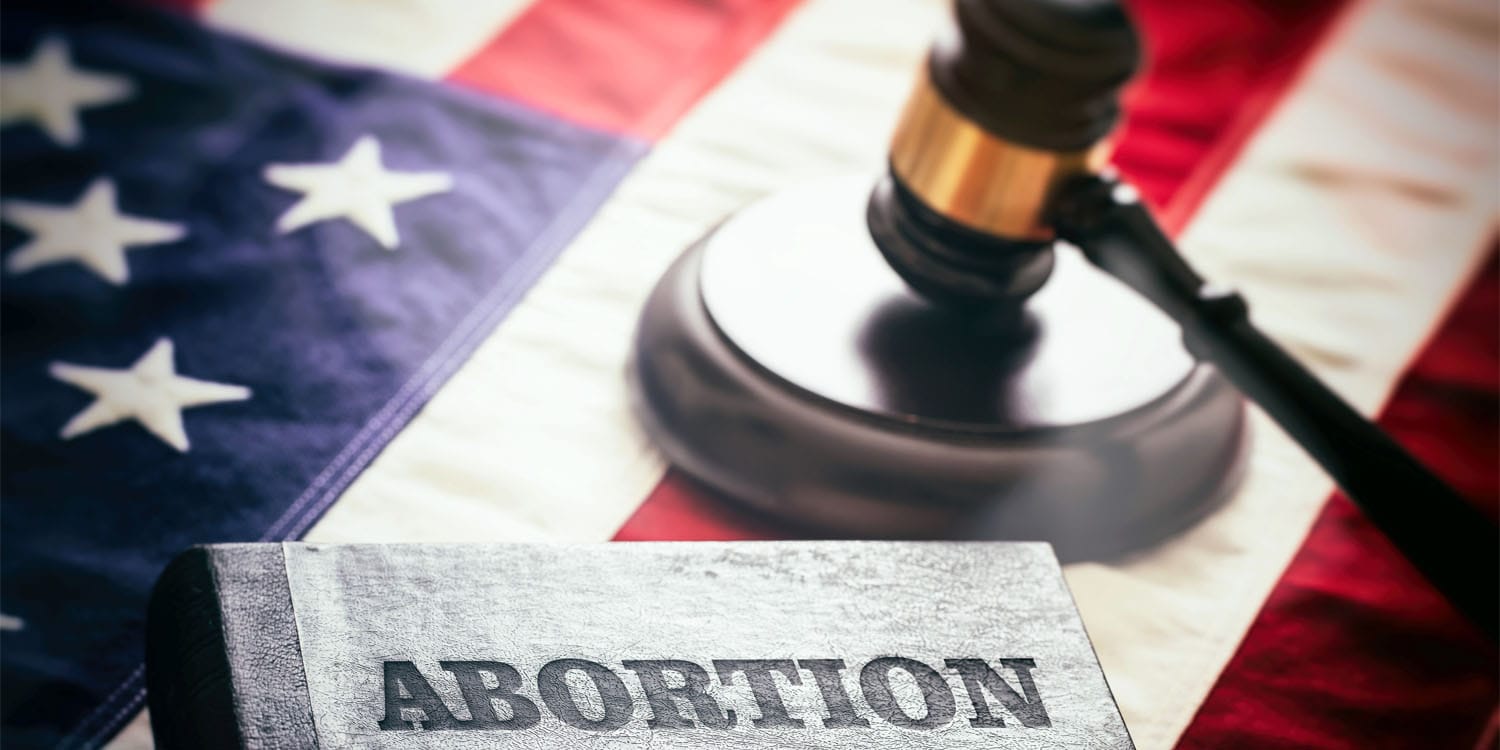A new study published in Science Advances has found a troubling link between recent abortion restrictions in the United States and elevated levels of mental distress, particularly among people of lower socioeconomic status. The study’s findings suggest that legislative changes, enacted after the Supreme Court’s Dobbs v. Jackson Women’s Health Organization decision, may have far-reaching consequences on mental health.
The Supreme Court’s decision in Dobbs v. Jackson Women’s Health Organization, delivered on June 24, 2022, overturned the constitutional right to abortion access, returning regulatory control to individual states. This landmark decision led to a patchwork of abortion laws across the country, with some states imposing severe restrictions or outright bans.
“There has been intense practical and academic interest in the after effects of the Dobbs decision, which in essence returned control of abortion access to state legislatures,” said study author Brad N. Greenwood, the Maximus Professor of Business at George Mason University’s Costello College of Business.
“At the same time, there is both extraordinary misinformation about the implications of abortion for the mental health of women and a long body of scholarship (see, for example, the Turnaway Study) which suggests that denying women access to abortion services can harm mental health. The goal of this paper was to see: i) if those effects persist when state legislatures curb access to reproductive care in the form of abortion access and ii) if so, which parts of the population are affected to a greater or lesser degree.”
The researchers utilized data from the national Household Pulse Survey (HPS), conducted by the United States Census Bureau. The HPS is a detailed survey originally designed to assess the economic impacts of the COVID-19 pandemic but has since been expanded to include other areas such as financial well-being, education, and mental health.
Participants included in the study were at least 18 years old, had a fixed address, and access to the internet. The sample covered survey waves 34 to 58, from July 2021 to June 2023, with over 60,000 respondents per wave and a response rate between 5% and 7%. This timeframe provided a balanced view around the period when most state-level abortion restrictions were enacted.
The researchers focused on four key mental health outcomes: anxiety, disinterest in activities, worry, and feelings of depression. Respondents rated their experiences with these feelings on a four-point scale over the past two weeks. For analysis, the researchers coded frequent experiences of these feelings as indicators of significant mental distress.
To identify the impact of abortion restrictions, the researchers employed a difference-in-differences design. This method compared mental health outcomes before and after the enactment of abortion restrictions across different states, controlling for various demographic factors such as age, sex, marital status, race, education, and income.
The researchers found increases in reports of anxiety and disinterest in states that enacted abortion restrictions. These increases were modest but notable: a 0.35 to 0.7 percentage point rise in the average prevalence of these mental health concerns, translating to an approximate 3% relative increase over the baseline.
Further analysis showed that the negative mental health impacts were particularly pronounced among individuals of lower socioeconomic status. For those with household incomes below $25,000, the institution of abortion restrictions was associated with increased anxiety, disinterest, worry, and feelings of depression. In contrast, these effects were less severe for individuals with higher incomes, suggesting that financial resources may mitigate some of the mental health impacts of these legislative changes.
“Our findings indicate that people living in states which restrict access to abortion services in the wake of Dobbs, either through more restrictive gestational limits or outright bans, are more likely to self-report mental health problems than people living in non-restricting states,” Greenwood told PsyPost. “Moreover, these effects appear to affect the socioeconomic lower class to a greater degree. Finally, the effects exist for the duration of the sample, which opens the door to the possibility that these effects persist in the long term.”
Interestingly, the study found no significant differences in the mental health impacts of abortion restrictions across other demographic factors such as sex, race, marital status, or sexual orientation. This suggests that the negative effects of these restrictions may be experienced broadly across various segments of the population, though the financial burden appears to be a key moderator.
“One of the things we expected to see was a significant differences across the sexes,” Greenwood said. “However, the results indicated no significant differences across sex assigned at birth, race, sexual orientation, age, or marital status. And while absence of evidence should be interpreted cautiously, the fact that we observed no significant differences was striking and unexpected.”
This study highlights the need for further investigation into the broader mental health impacts of restrictive abortion laws. While the current findings are significant, several questions remain unanswered.
Future research could explore the specific mechanisms driving the observed mental health impacts. For instance, it is unclear whether the distress arises primarily from increased travel costs to access abortion services, the financial and emotional burden of carrying an unwanted pregnancy to term, or broader perceptions of diminishing individual rights.
In addition, while this study provides valuable insights into the mental health impacts of abortion restrictions, it relies on self-reported data. Future research could benefit from incorporating clinical assessments and diagnoses to provide a more comprehensive understanding of the mental health consequences.
“As with any secondary empirical investigation, there are obvious limitations with what we can do with the data that are available to us,” Greenwood said. “States do not implement abortion restrictions at random and the available data only permit us to observe self-reported mental health (i.e. we cannot observe clinical diagnosis). This underscores the need for continued empirical research on the subject to understand how abortion restriction affects not just mental health, but other downstream outcomes.”
The study, “The impact of abortion restrictions on American mental health,” was authored by Michaela R. Anderson, Gordon Burtch, and Brad N. Greenwood.





 Arabic
Arabic Chinese (Simplified)
Chinese (Simplified) English
English French
French German
German Italian
Italian Japanese
Japanese Russian
Russian Sinhala
Sinhala Spanish
Spanish Tamil
Tamil